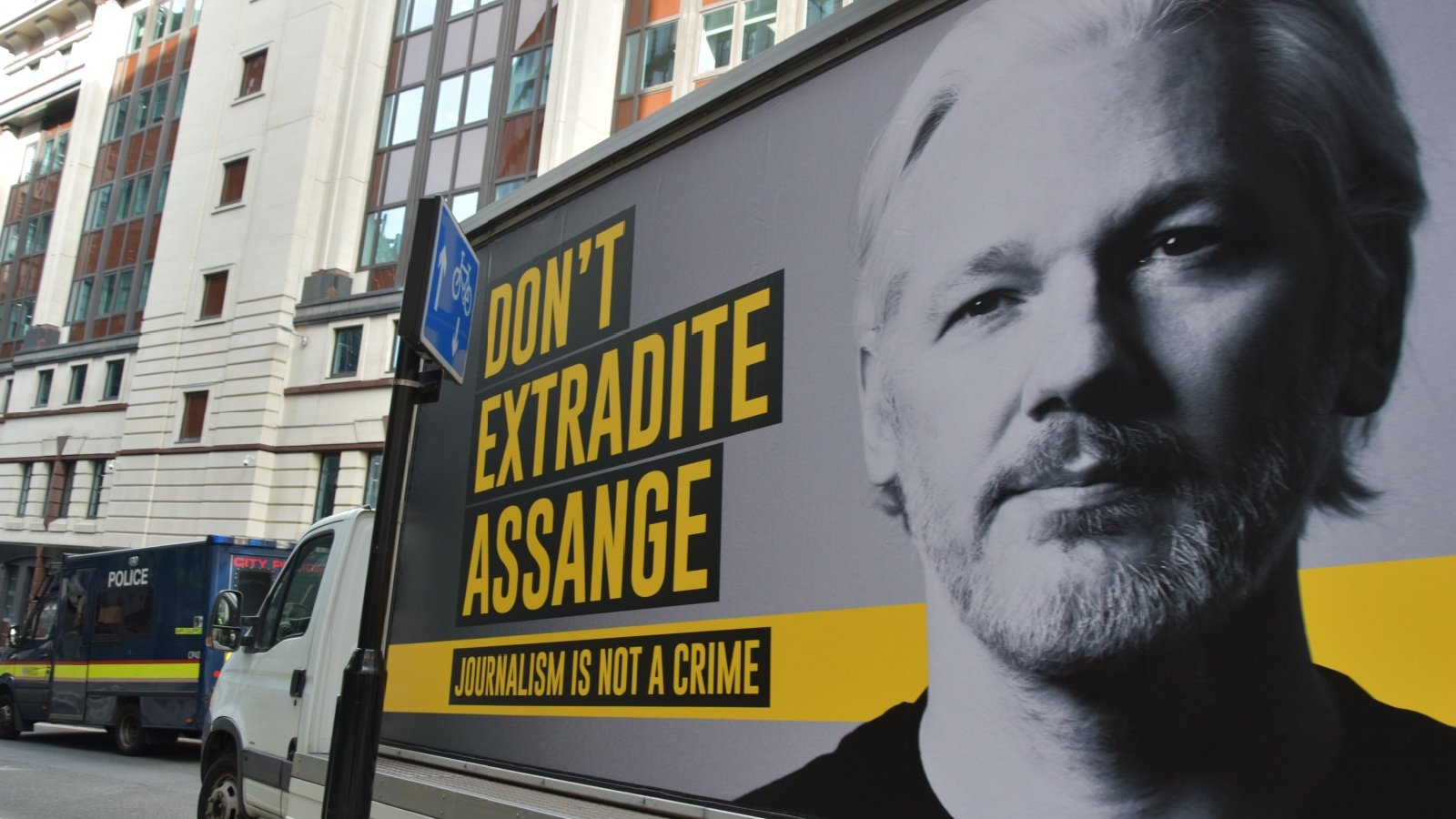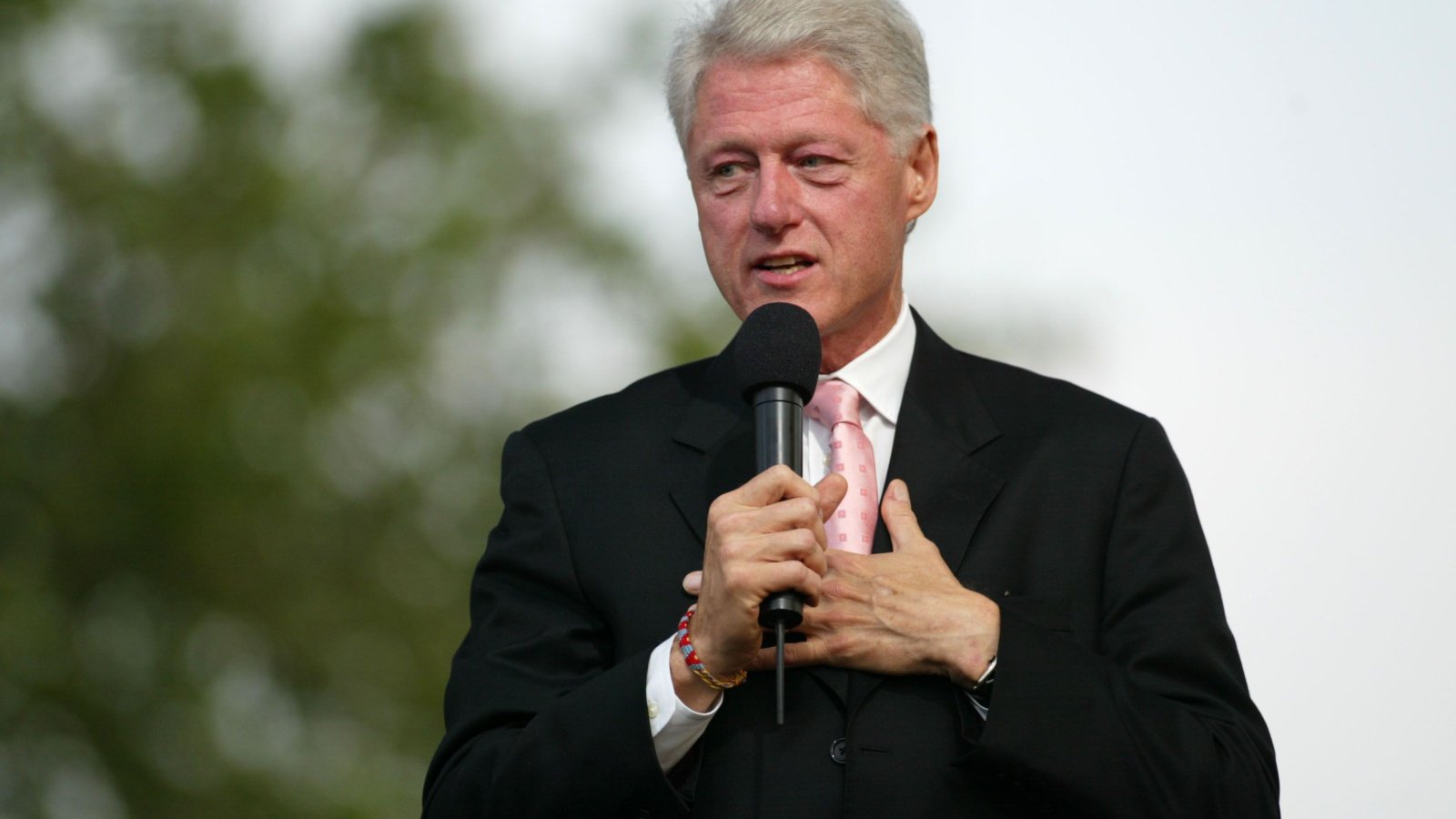In a significant ruling from a British court, Julian Assange, the WikiLeaks founder, has been granted a conditional reprieve from extradition to the United States on charges related to espionage.
The court’s decision hinges on the requirement for the US to assure that Assange will not face the death penalty, marking a pivotal moment in Assange’s extensive legal battle over the release of classified American documents.
Judges Demand US Guarantees
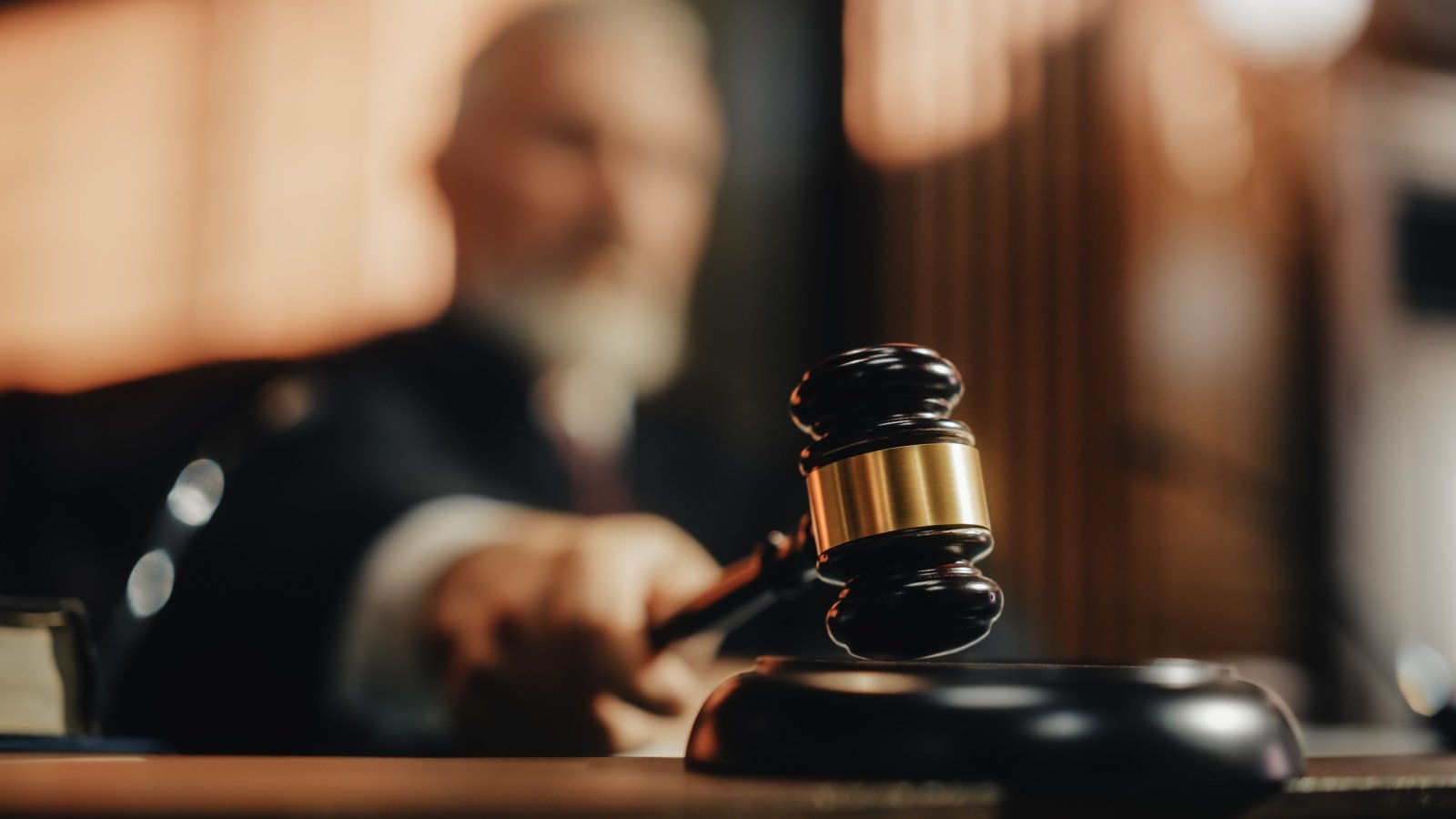
The decision was announced by Judges Victoria Sharp and Jeremy Johnson, who stated that the United States has three weeks to provide further assurances regarding Assange’s potential treatment.
This ruling implies that Assange’s lengthy legal saga, spanning over a decade, is set to persist. Assange, an Australian national, has spent the last five years in London’s high-security Belmarsh Prison.
The Stipulations for Assange’s Protections
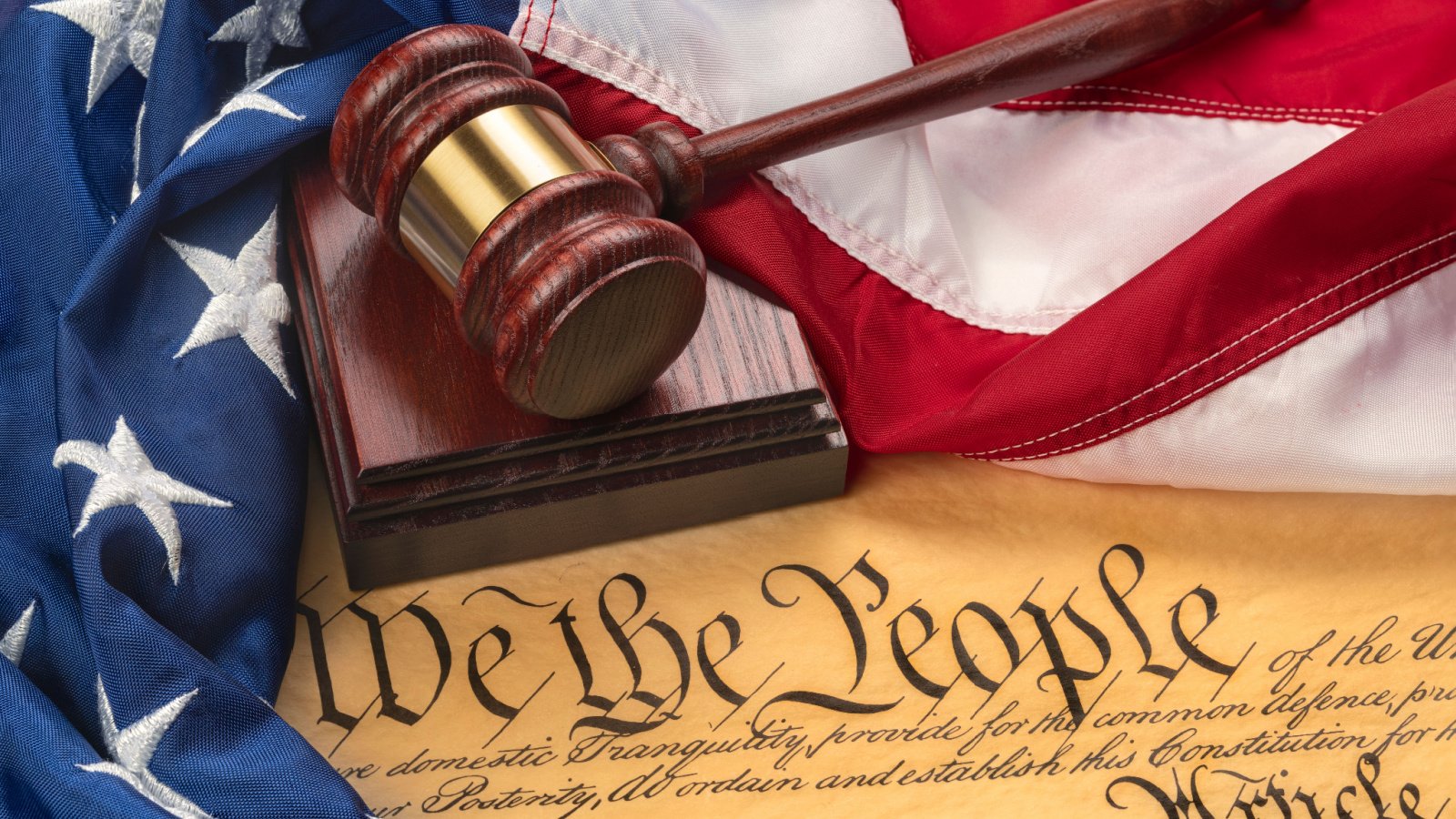
The judges’ stipulation requires the US to guarantee that Assange will be accorded the same First Amendment protections as a US citizen, including a clear exclusion of the death penalty from his potential sentences. This condition is critical for moving forward with any legal proceedings related to Assange’s extradition.
Reaction from the US Department of Justice
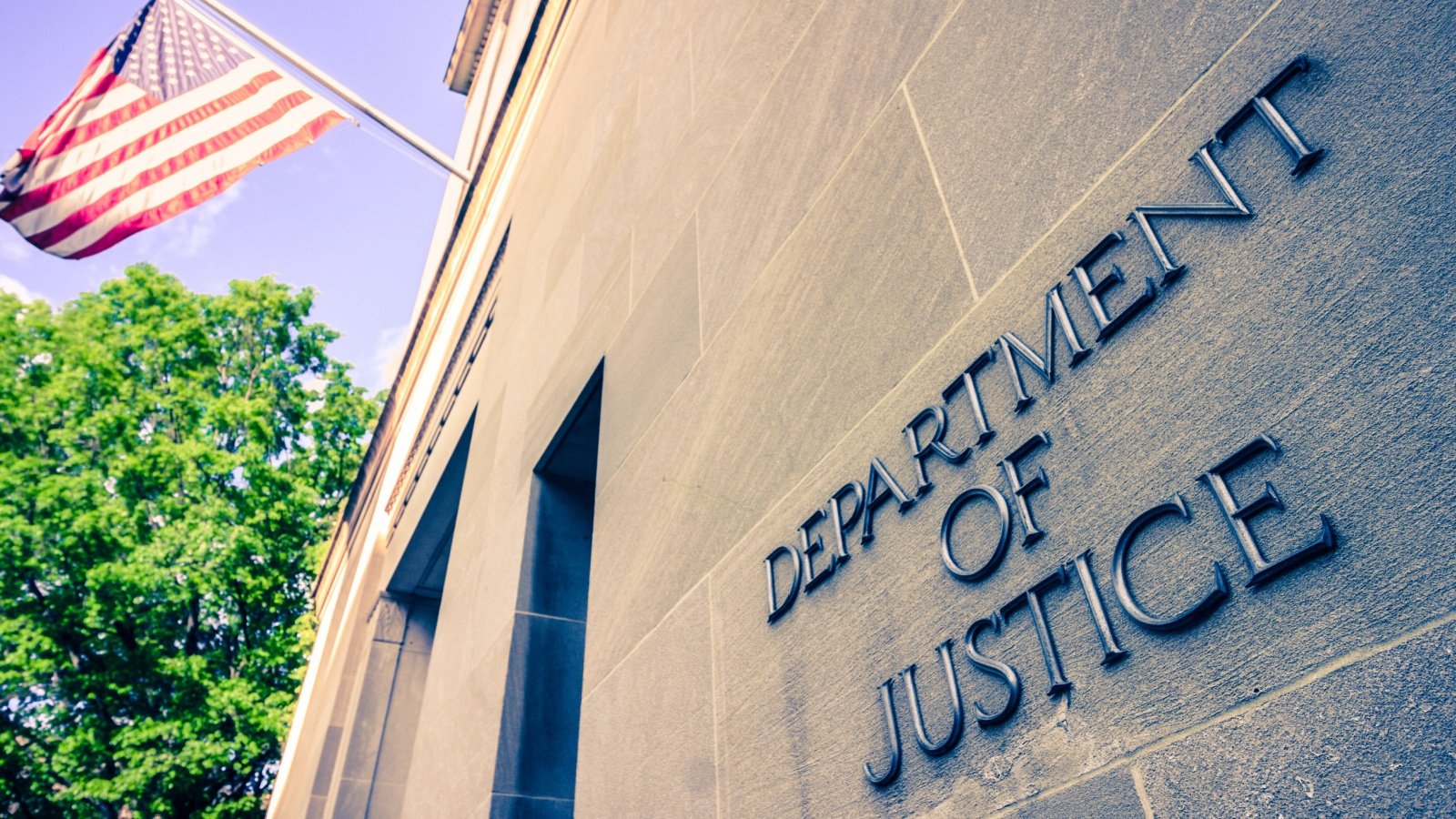
Following the court’s ruling, the US Department of Justice has remained silent, not providing any immediate comments on the decision or the stipulations laid out by the UK court.
Assange as a Journalist and Activist

Assange’s supporters argue that he should be viewed as a journalist who exercised his First Amendment rights by exposing unethical actions by the US military in Iraq and Afghanistan. These revelations, they argue, were crucial for public interest. Stella Assange, Julian’s wife, emphasized the importance of dropping the case, highlighting it as an unwarranted persecution against Assange for his exposés.
High Court Hearing and Defense Arguments

During a High Court hearing in February, Assange’s defense argued that the US’s pursuit of Assange was punitive, aimed at reprimanding him for WikiLeaks’ disclosures of US government misconduct, including torture and extrajudicial killings, on a massive scale.
US Government’s Position

Conversely, the US government maintains that Assange’s actions transcended journalistic activities, accusing him of soliciting, stealing, and indiscriminately publishing classified documents that compromised the safety of numerous individuals, including those in Iraq and Afghanistan who had cooperated with US forces.
Key Points of Appeal and Allegations
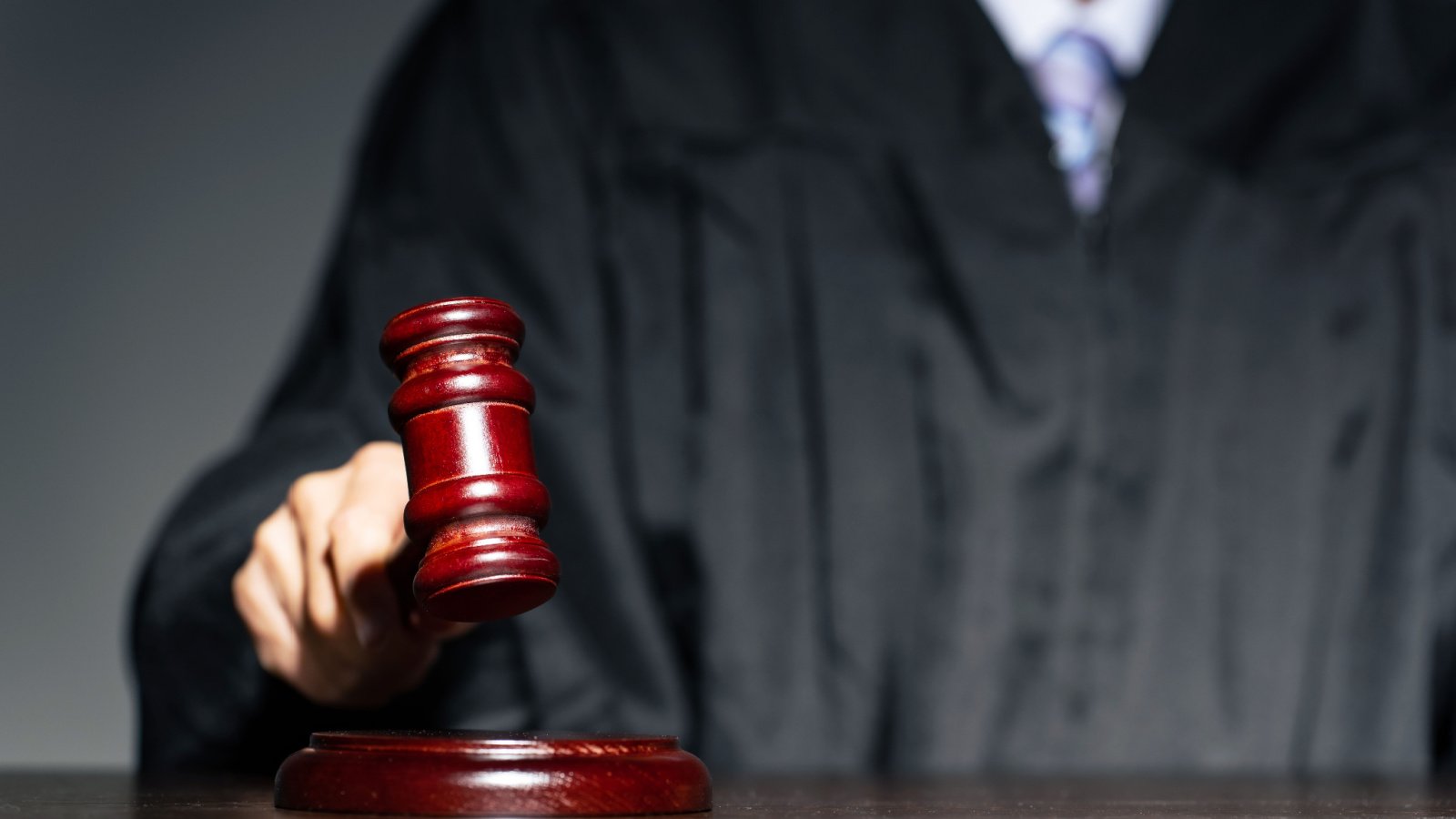
The court rejected several of Assange’s appeal grounds but acknowledged critical concerns related to his freedom of speech, the disadvantage faced as a non-US citizen, and the looming threat of the death penalty. Notably, the judges found no explicit assurance from the US that the death penalty would not be imposed, casting doubts on the reliability of such guarantees.
Charges and Legal Implications for Assange

Julian Assange faces a myriad of charges in the United States, stemming from WikiLeaks’ publication of classified documents in 2010. These documents, which the US claims were obtained in collaboration with US army intelligence analyst Chelsea Manning, led to Assange being indicted on multiple counts under the Espionage Act and computer misuse charges.
The Toll on Assange’s Health
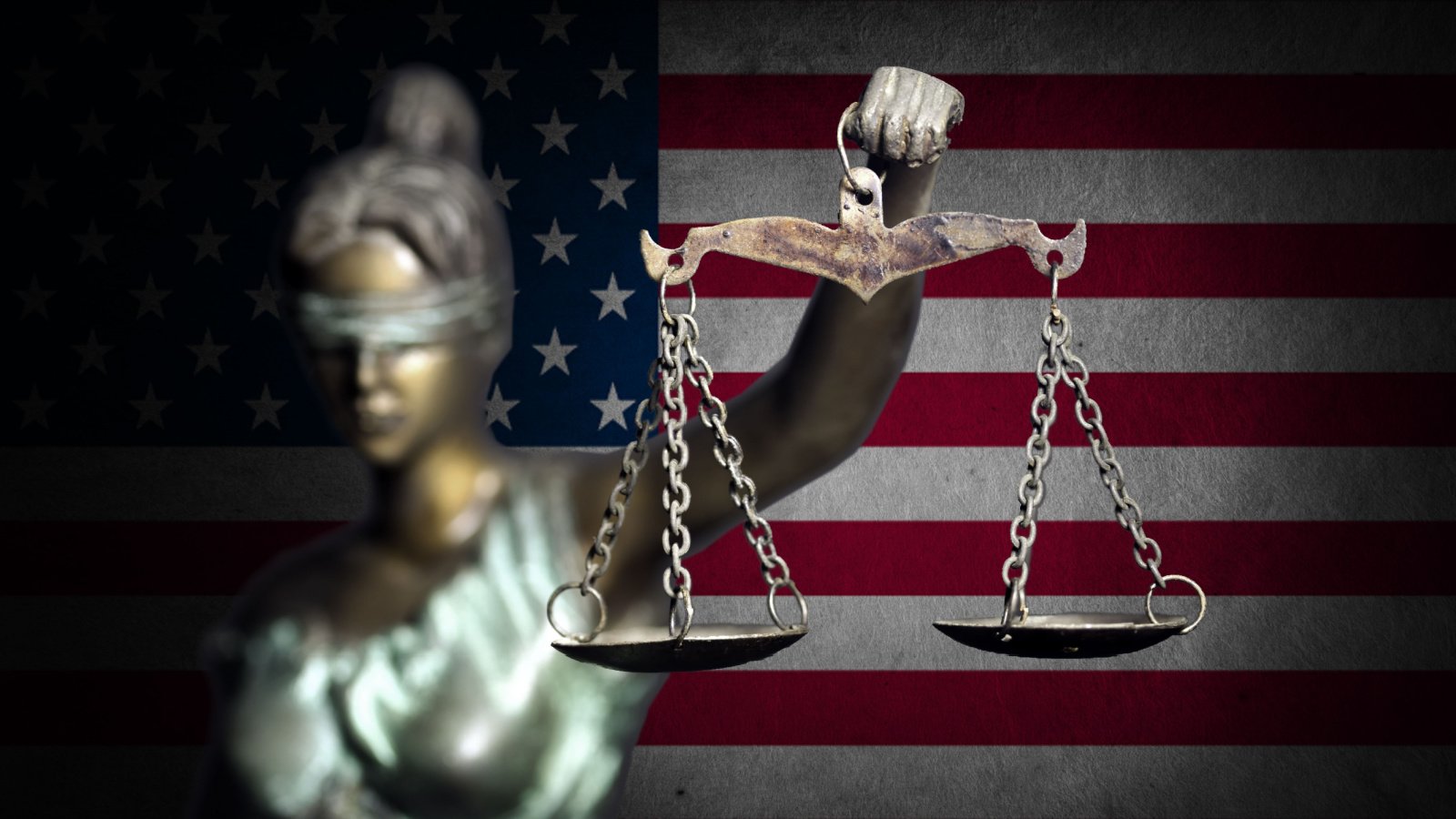
The prolonged legal battles and confinement have reportedly taken a significant toll on Assange’s physical and mental health. Concerns about his ability to withstand extradition and the potential for a disproportionately harsh sentence in the US remain unaddressed.
Assange’s Legal Ordeal

Assange’s legal troubles began in 2010 with his arrest in London following a Swedish extradition request related to sexual assault allegations. His decision to seek asylum in the Ecuadorian Embassy in London in 2012 marked a turning point, leading to years of confinement until his eviction and subsequent arrest in 2019 for breaching bail conditions.
Developments in the Swedish Case

While Assange was holed up in the embassy, Sweden sought to question him about allegations of rape and sexual assault. However, by November 2019, Sweden had dropped the sex crimes investigations due to the passage of time.
UK’s Initial Extradition Decision
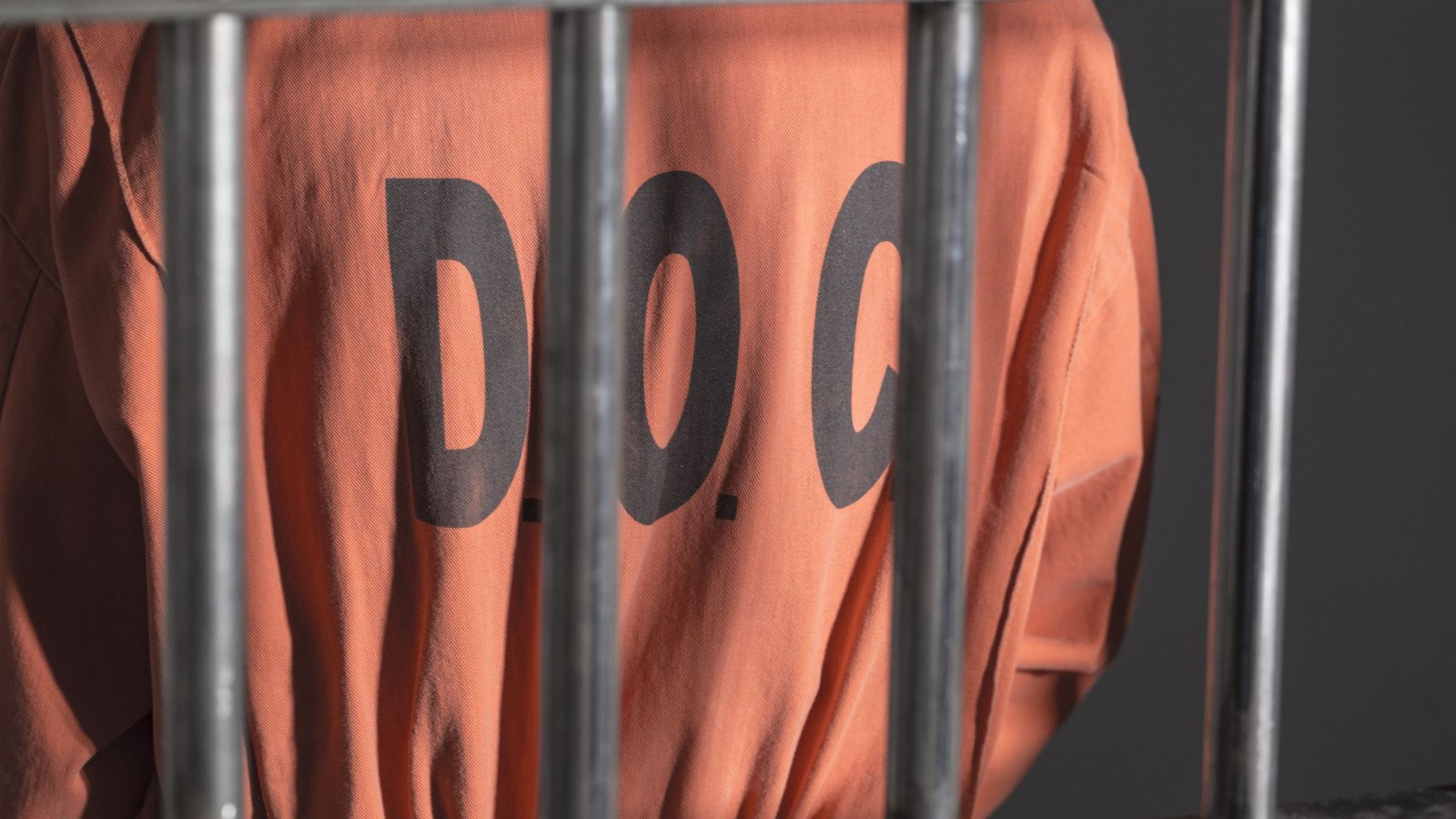
In 2021, a UK district court judge initially blocked the US extradition request on grounds that Assange was likely to commit suicide under harsh US prison conditions. However, this decision was later overturned after the US provided assurances about Assange’s treatment, leading the British government to sign an extradition order in June 2022.
Continuing Legal Battles and International Concern

Assange’s ongoing legal saga continues to draw international attention and concern, particularly regarding human rights and freedom of speech implications. The latest UK court ruling adds another layer to the complex legal and ethical issues surrounding Assange’s case, ensuring that his fight against extradition is far from over.



